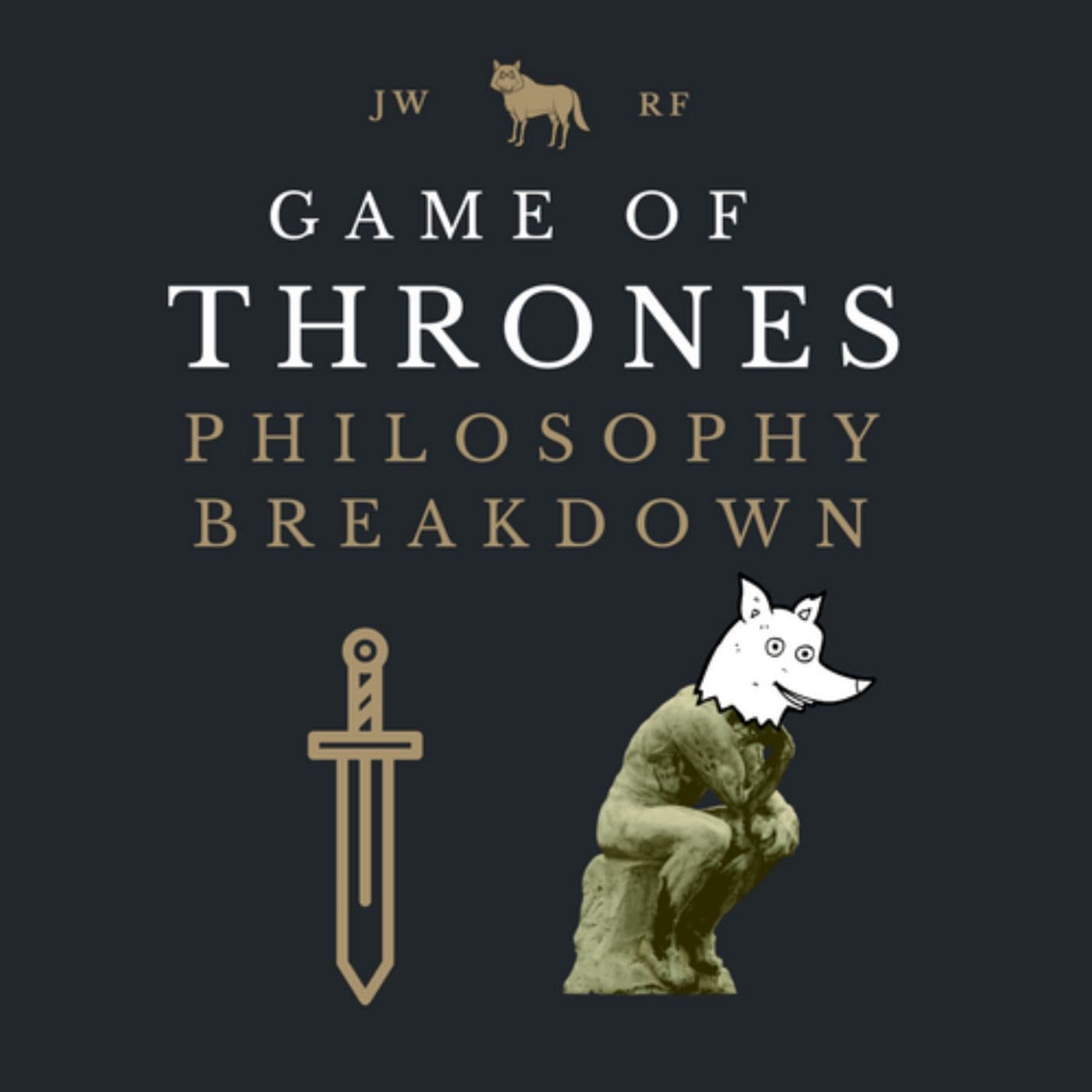Society & Culture
Is it ever OK to slaughter your family’s enemies in pursuit of revenge? Should you kick your enemies’ children out of their ancestral homes? Is it better to be feared or loved? Should you follow a religion known for its penchant for human burnt sacrifices, even if it seems to be the “right” one? Hopefully, these aren’t questions you’re pondering. But if you’re a character in the HBO show Game of Thrones, these philosophical dilemmas are an unavoidable part of life. As you can imagine, life sucks in the fictional land of Westeros. But that’s all the more reason why the characters need philosophy. And since our own world sucks only slightly less, it’s just as much a reason for the rest of us to examine the philosophical questions of Game of Thrones as well. As far out from our daily experience as these questions appear on the surface, they aren’t too different from the main problems of human existence. In this first episode, we discuss the many philosophical themes in episode 1 of season 7 of the show, which aired in July of this year. Is it cool to kill off people in revenge? When, if ever, is revenge appropriate? What is the relationship between revenge and justice? – Arya and the Freys Should you judge people as individuals or members of collectives? Should you show mercy to your enemies? – Sansa + Jon with the Umbers and Karstarks Is Machiavelli’s philosophy of power right? Is it better to be feared than loved? Is goodness naive? – Cersei and Jamie’s conversation How can a god be good + all-knowing + all-powerful in a world of suffering? What can we say about the gods of Westeros compared to “real-world” religions? – Sandor Clegane and the Brotherhood Without Banners Can supernatural events happen? How would we know? What would they mean? – Sandor Clegane’s fire visions Should a homeland or birthplace you’ve never seen have moral and psychological significance? – Daenarys and Dragonstone What is the right way to think about the nature of time, legend, and history? Does history repeat itself? Are we at the end of history? When does the past fail to predict the future? – Samwell and the Archmaester

